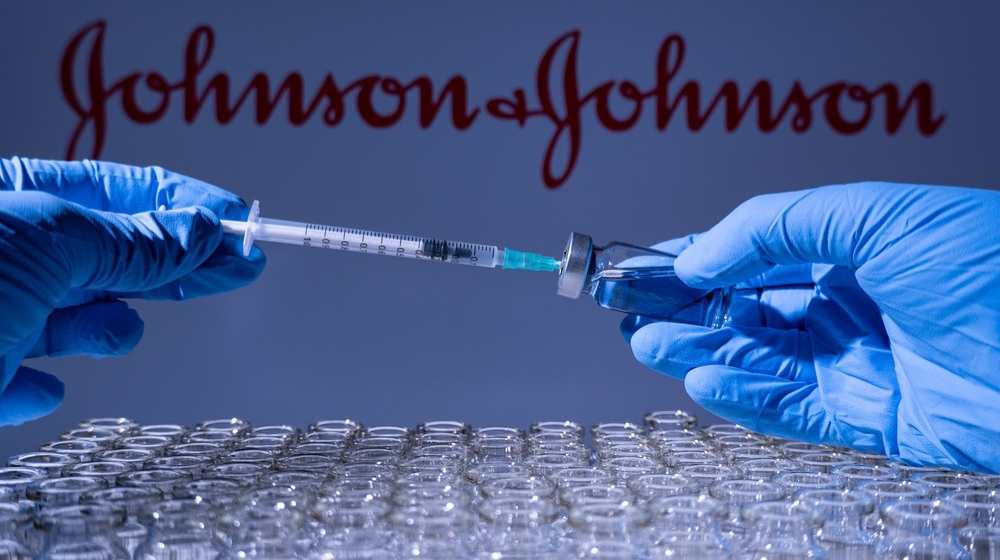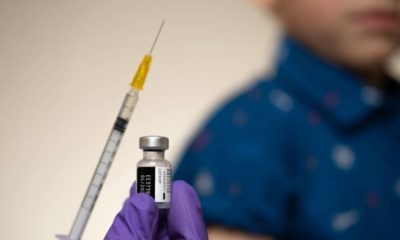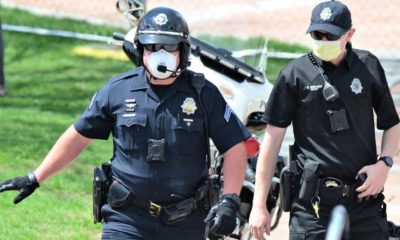Breaking News
CDC Push for Pause on Johnson & Johnson Vaccine After Reports of Severe Blood Clots

Both the Centers for Disease Control and Prevention and the Food and Drug Administration recommend that the country should pause from using the Johnson & Johnson vaccine for COVID-19. This comes after more than six cases of a “rare and severe” blood clot type have been reported in the US.
The said six cases were part of the more than 6.8 million doses of the said vaccine administered in the country.
All six cases happened among women between 18 and 48. The symptoms of the said issue surfaced about 6 to 13 days following their vaccination. This is according to a joint statement released on Tuesday by CDC principal deputy director Dr. Anne Schuchat, as well as the director of the FDA’s Center for Biologics Evaluation and Research, Dr. Peter Marks.
In the statement, they said the CDC will hold a meeting on Wednesday of the Advisory Committee on Immunization Practices. It aims to review the said cases and see potentially how significant they are.
Additionally, the statement says the FDA will review the said analysis while also doing an investigation into the cases. It also recommended pausing the use of the said vaccine before their review process is complete.
Johnson & Johnson to “Proactively Delay” Vaccine Rollout
On Tuesday, Johnson & Johnson also released a statement regarding the issue. It says it has come to a decision to “proactively delay” the release of its vaccine doses in Europe.
J&J also said that it has been working closely with experts in the field and that it strongly supports open communication regarding the matter between healthcare professionals and the public.
Those who received this particular vaccine can look out for specific side effects and contact their healthcare provider. Some of these include severe headaches, leg or abdominal pain, and shortness of breath within three weeks after getting the shot.
The company’s statements also noted that these adverse effects seem to be “extremely rare.”
Dr. Carlos del Rio from the Emory University School of Medicine said that because the event is extremely rare, such events have the possibility of surfacing after millions of doses have been administered, even though they did not appear in clinical trials.
Del Rio also commended the CDC for their quick response to the situation and pausing the use of the said vaccine until more information is gathered.
The doctor also said that the blood clotting may be related to the fact that J&J’s vaccine uses an adenovirus, similar to AstraZeneca’s.
Up Next:












